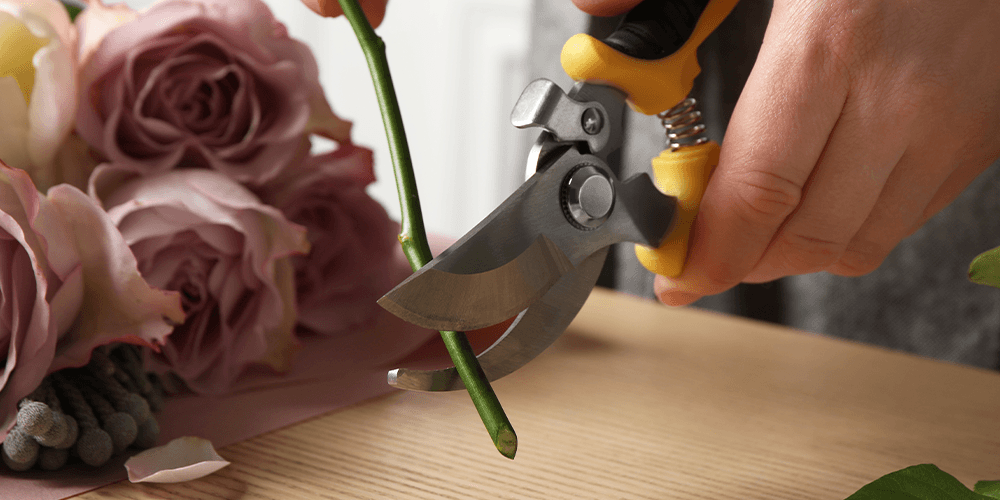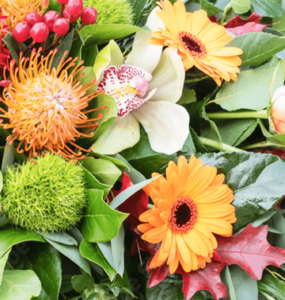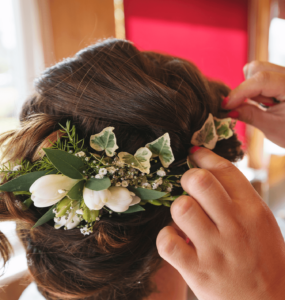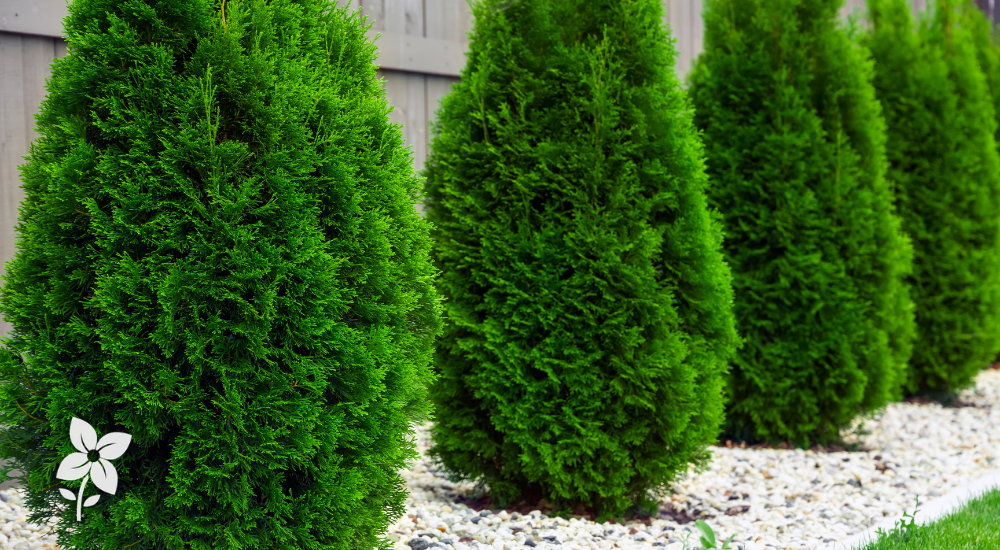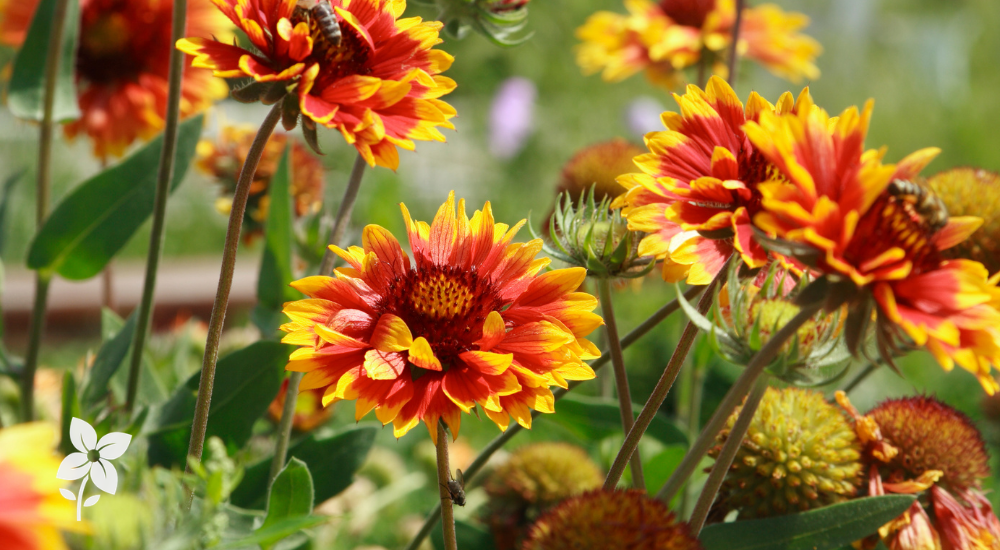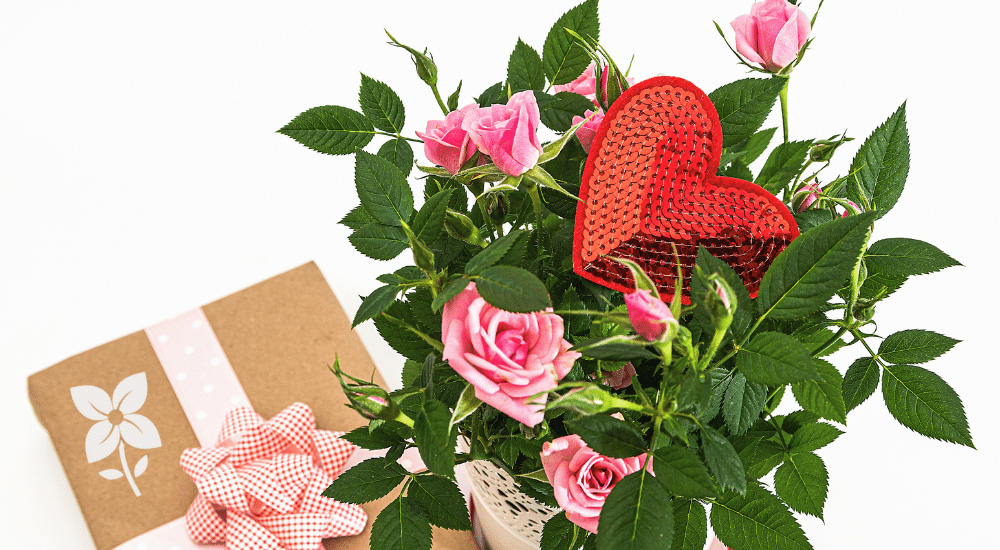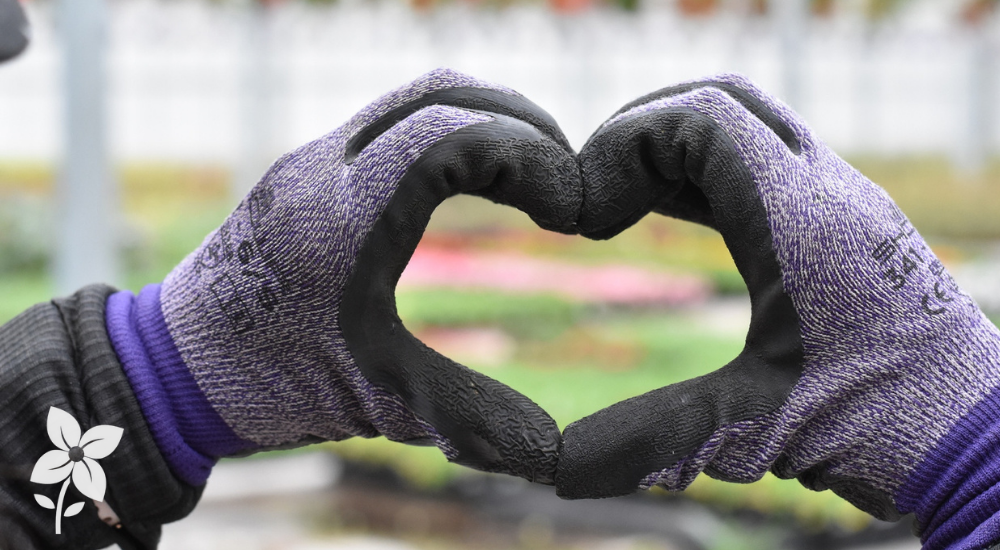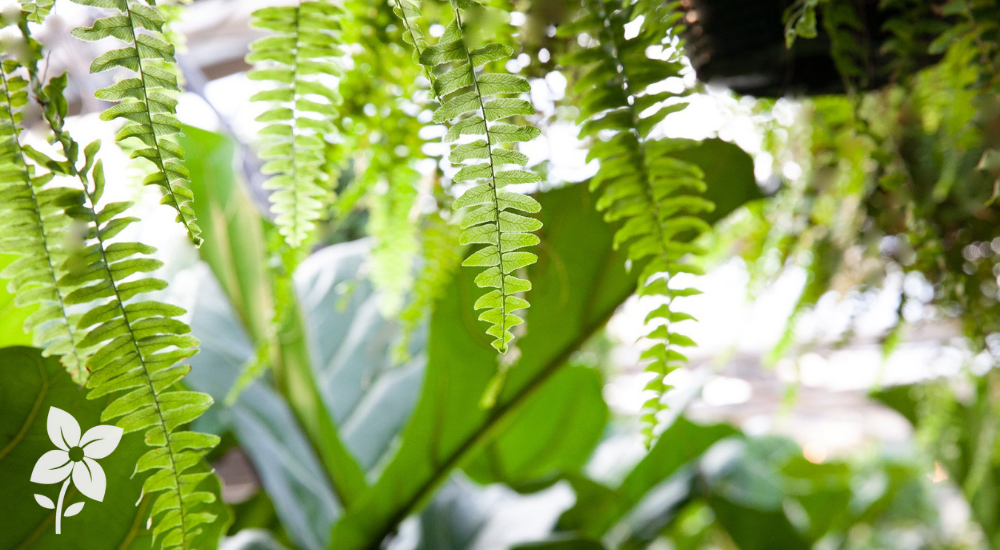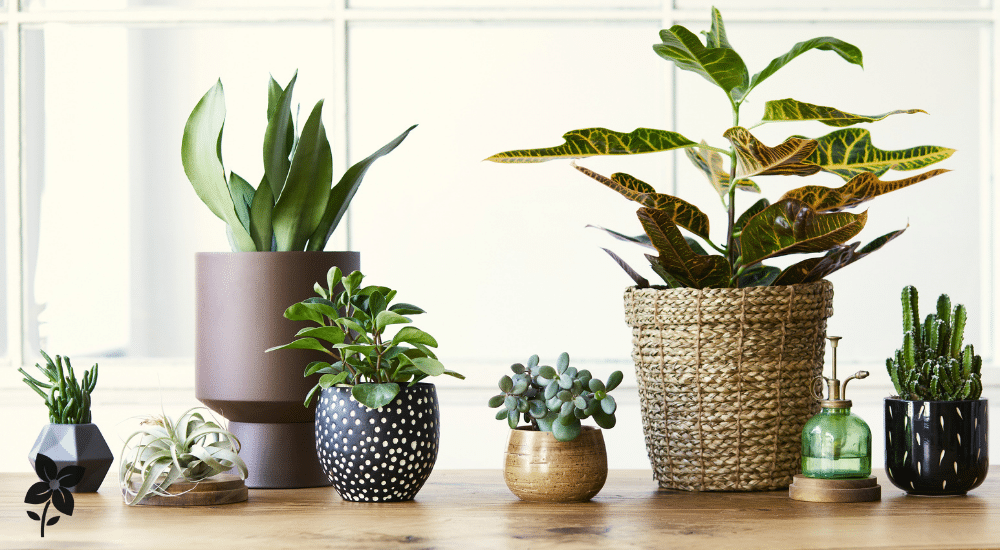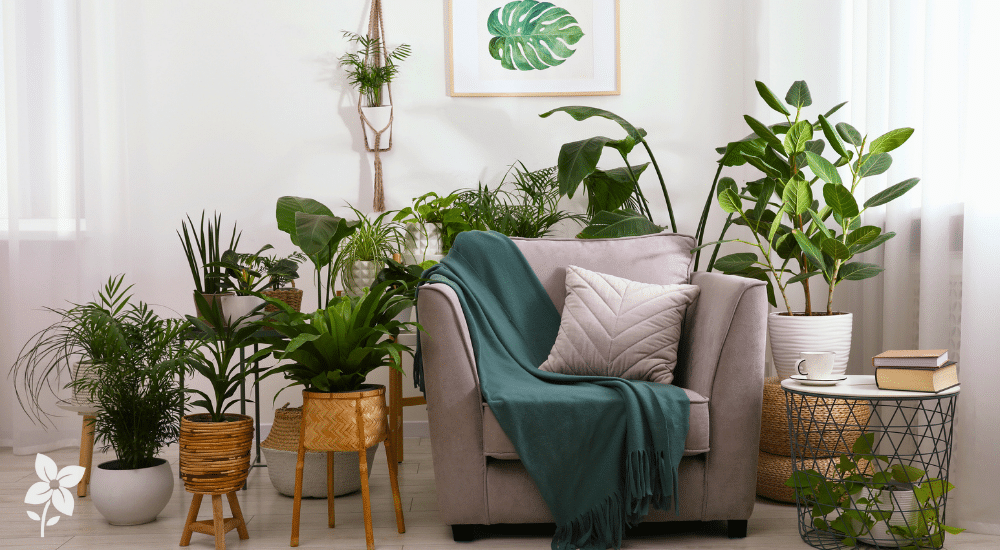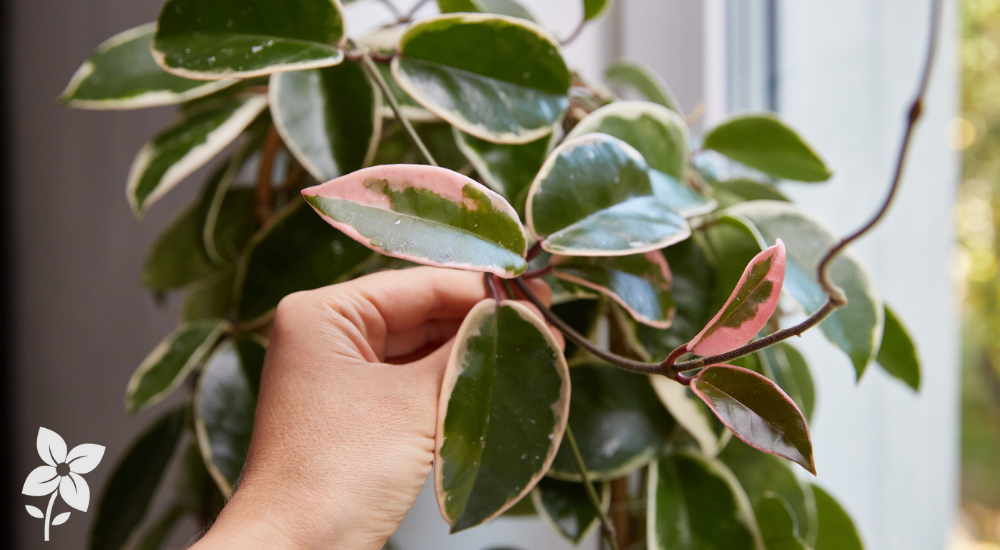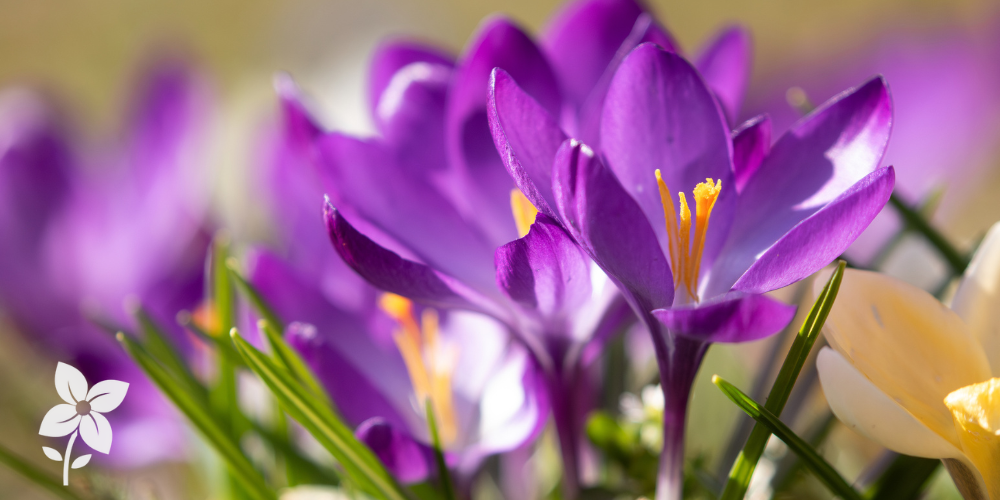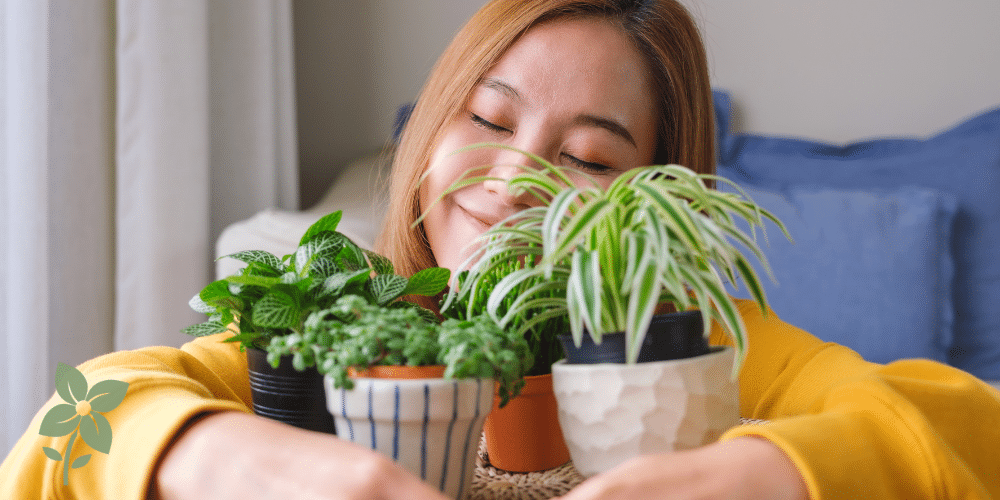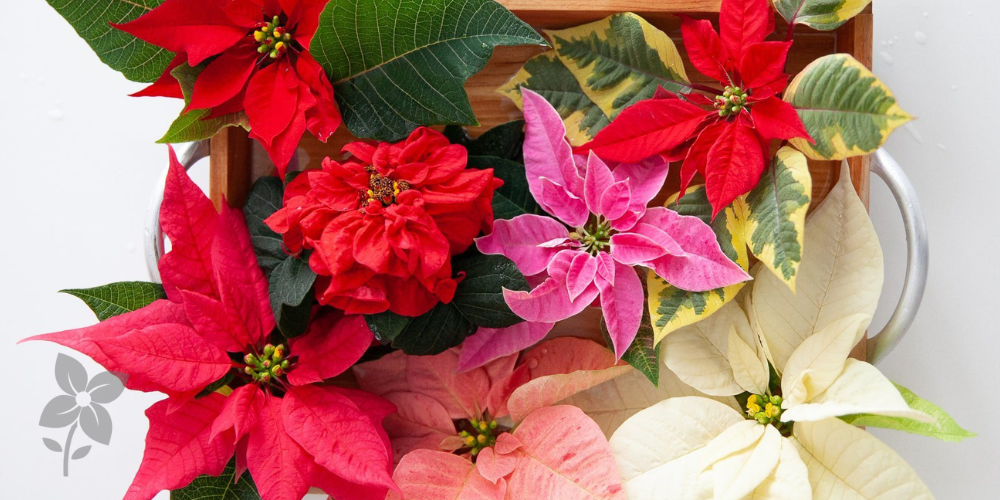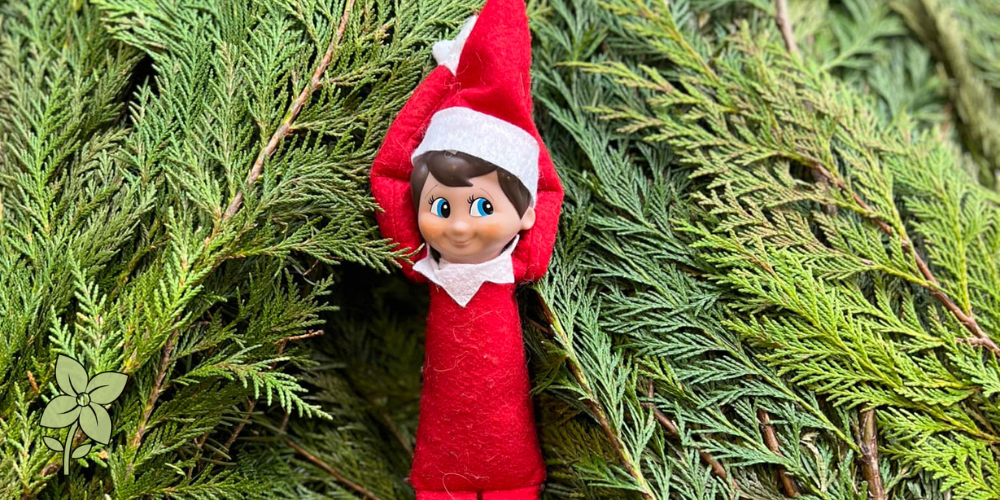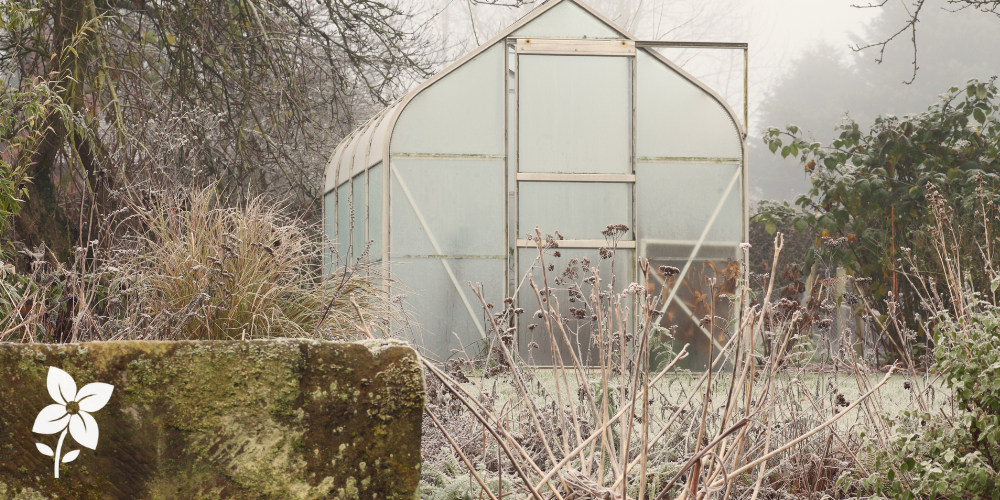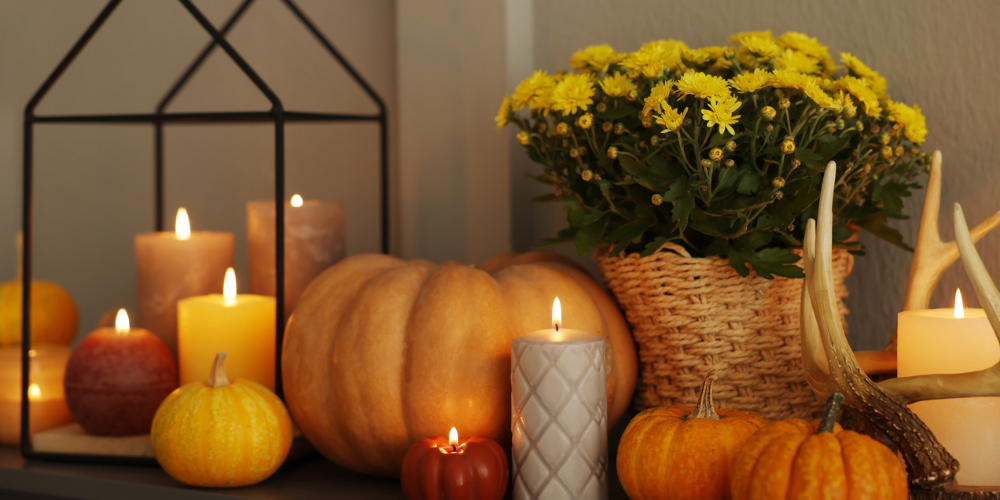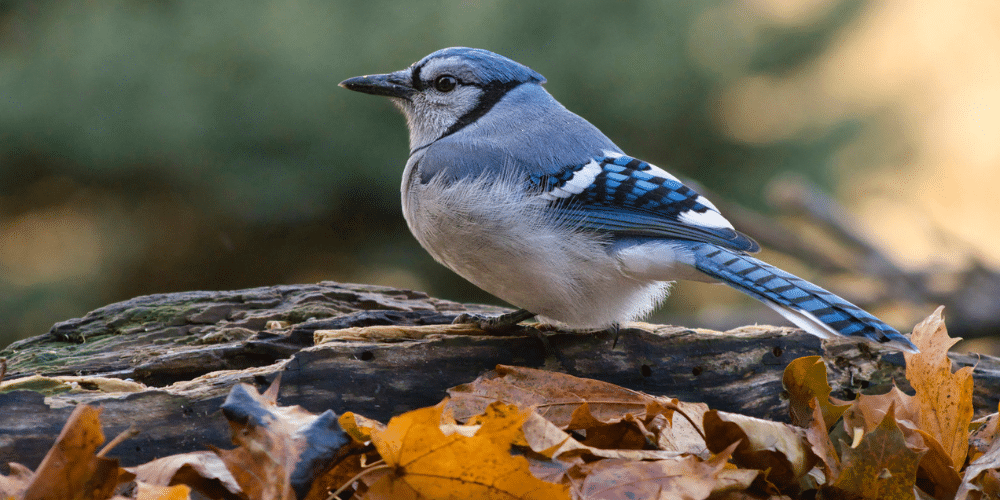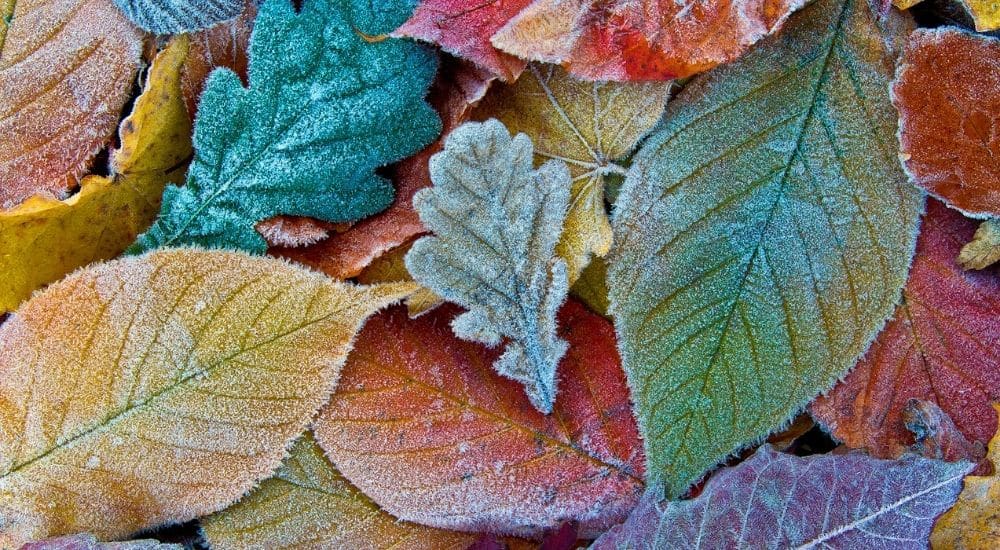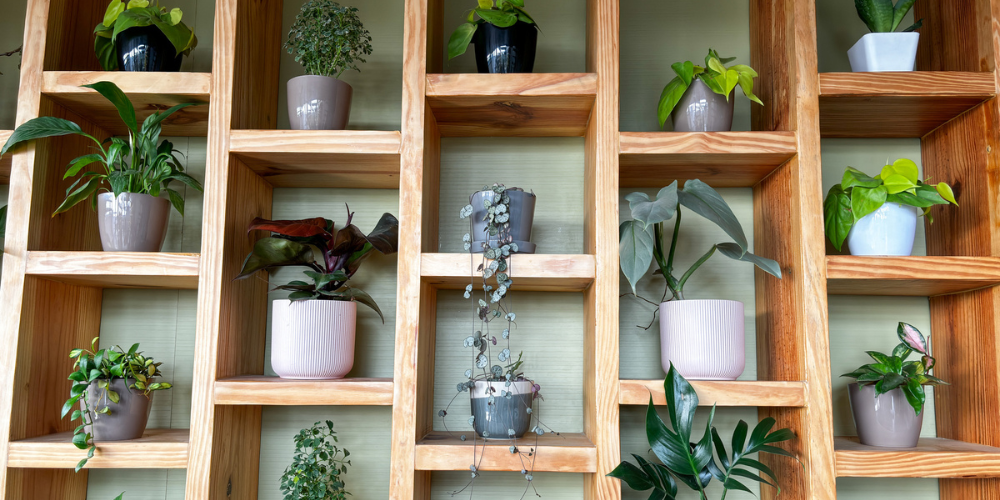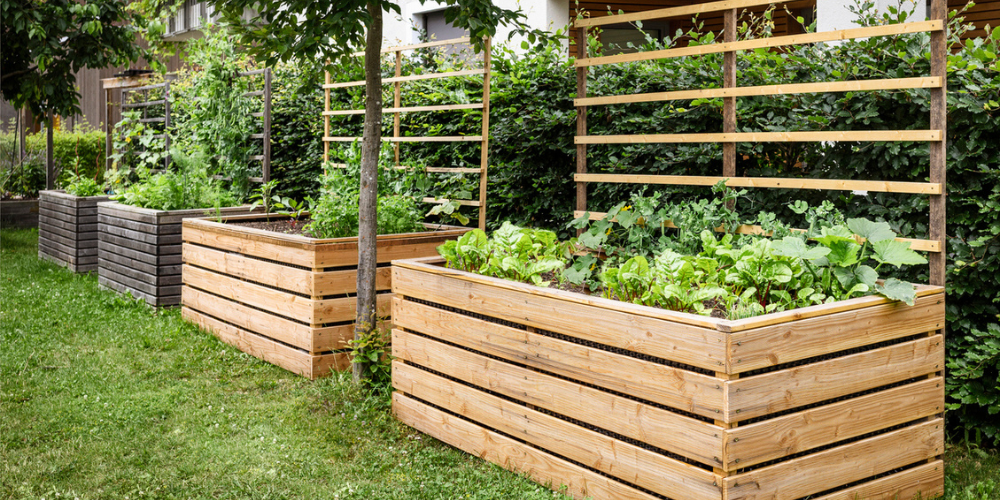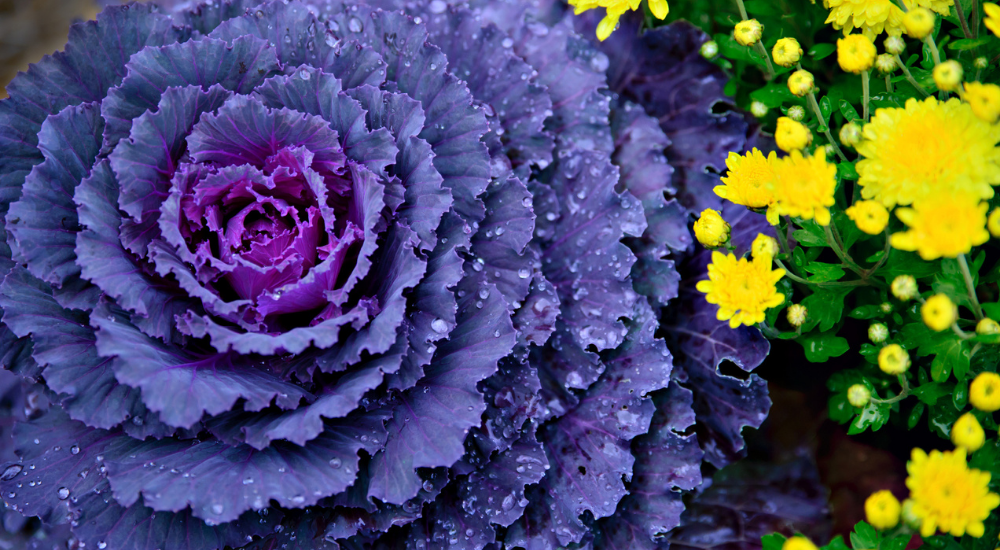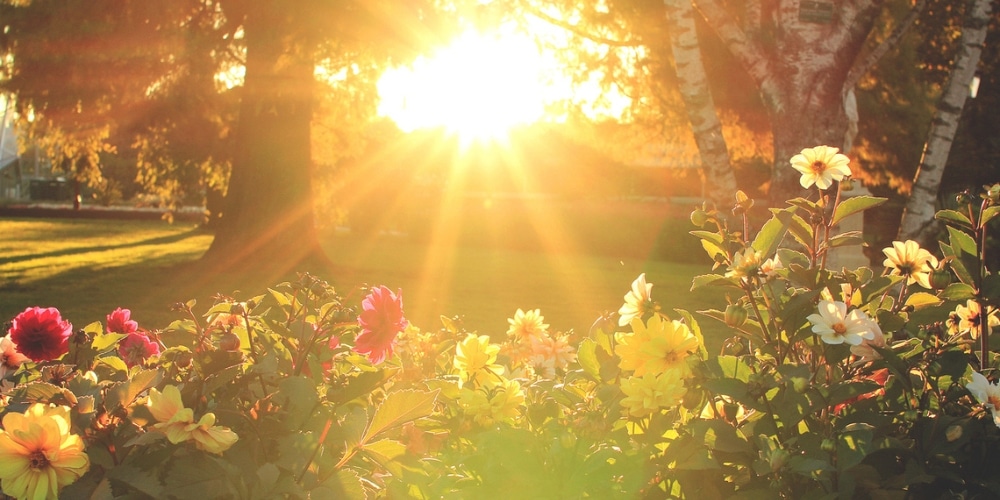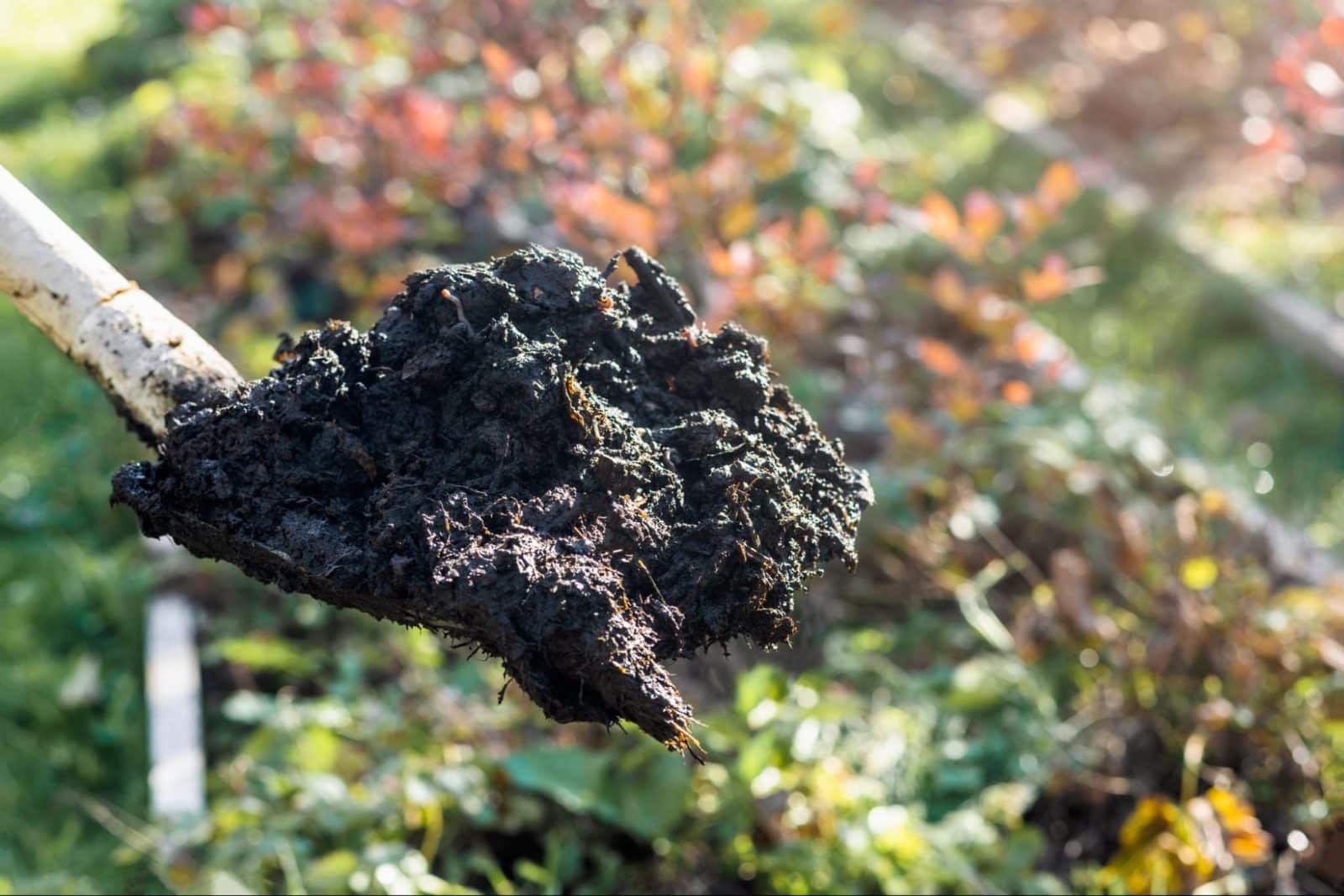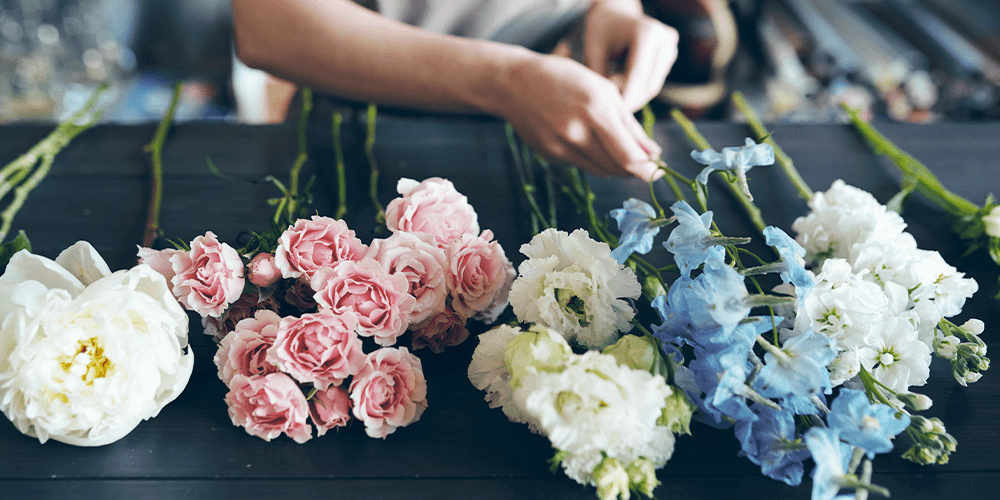
Some may think that cutting flower stems is a straightforward task, and some may not know why doing it even matters. There are certain ways of cutting flower stems before putting them into water that can actually lessen the freshness period and quicken the wilting process. It is imperative that fresh-cut flower stems be trimmed before putting them into your vases or arrangements. We are going to share some cutting tips for you to keep your flowers the healthiest and freshest they can be.
Cutting Straight vs. Cutting on an Angle
While cutting straight is fine, the reason it is recommended to cut at a 45-degree angle is so that the entire stem’s surface area is always in contact with the water. If it’s cut straight across, there isn’t as much of a chance of the water reaching the entire surface of the stem.
How Much to Cut
Typically, cutting about 1-2 inches up from the bottom of the stem is sufficient. Sometimes, depending on how long the flowers have been out of the water, you may have to cut more. When bouquets are made fresh by a local florist, all the stems do not exactly align at the bottom of the bouquet, so be sure that you are cutting every stem the right amount for your vase at home. It may end up that you cut a bit more (3-4 inches) off some of the stems, so the lengths align at the bottom of the vase.
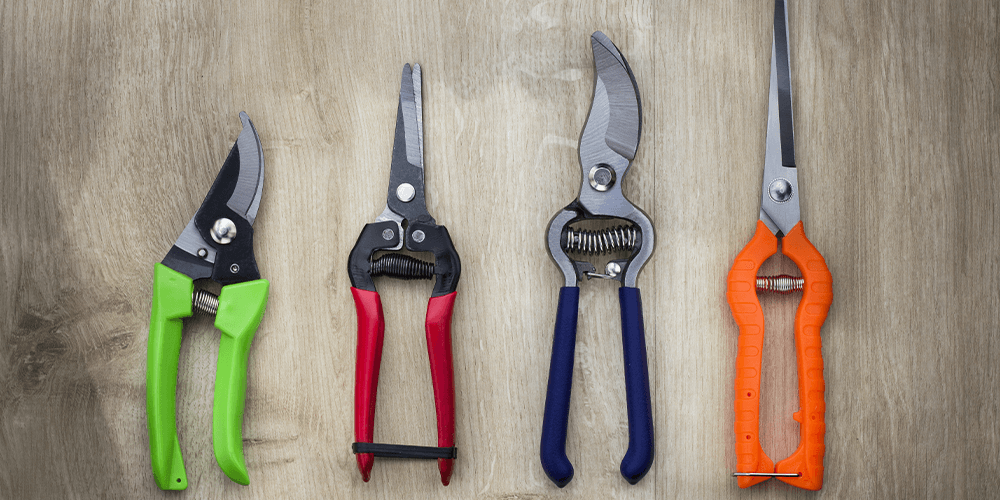
Best Tools to Use
Our number one suggestion to cut fresh flower stems would be a clean pair of garden snips, especially for those woody or thicker stems that require a stronger grip strength to cut through. You can also use a sharp knife if snips are not available. We recommend not using scissors to cut your flower stems because they can crush the little vessels that carry the water from the bottom of the stem up to the bloom. Also, contrary to some beliefs, it is not an effective strategy to crush stems in any way for the aforementioned reason.
Getting the Timing Right
There are two important things to remember when cutting fresh-cut flowers:
- How much you cut will be determined by how long they were out of water
- They must go into water (lukewarm with fresh flower food) directly after you cut them
Air bubbles in a stem will lead to wilting, and skipping a fresh trim or not trimming up the stem enough, will cause your fresh flowers to wilt. This can sometimes happen quickly with certain varieties of flowers, like roses for example. If your fresh cuts went straight home from the local florist, trimming them 1-2 inches is perfect. If you bought your flowers and then had a few more hours of errands to run while they sat in the car, we suggest cutting more off the bottom of the stems (3-4 inches).
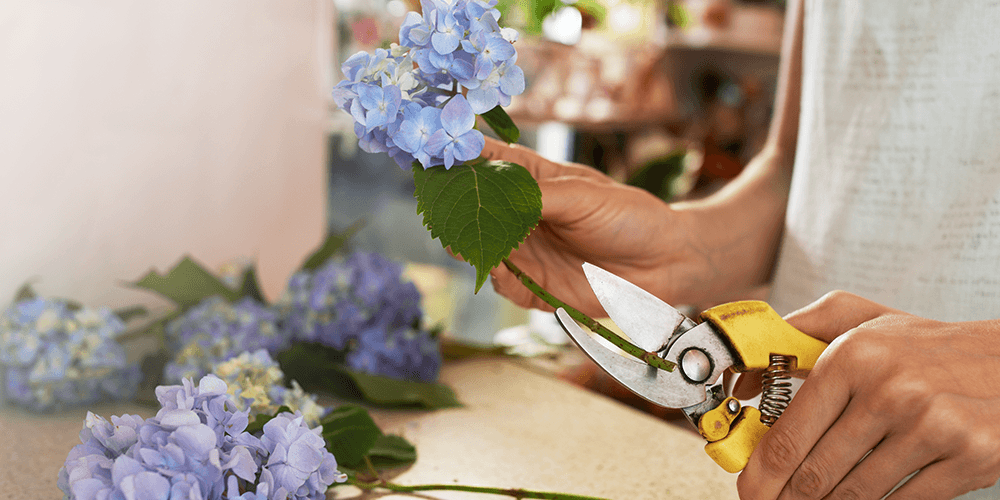
Differences in Varieties
Firstly, every fresh cut flower needs to be trimmed before putting it into water, but some varieties have slightly different tricks on how to keep them lasting longer. For example, fresh hydrangeas can be cut up the middle of the stem about an inch after they have been trimmed from the bottom so they can suck up more water. A good general rule to go by is to not have any leaves touching the water. Keeping some leaves on stems is fine, and in many cases, adds more volume to your bouquet, but leaves in the water will just cause them to go moldy and slimy in the vase. This is especially true of cut chrysanthemums, lilies, roses, and Alstroemeria, which are all widely used flowers in fresh-cut bouquets. If your local florist has a good eye for detail, the leaves will have already been removed from the bottoms of the stems when you bought your bouquet.
Cutting stems of fresh-cut flowers is something that our expert florists at Salisbury at Enjoy Floral Studio know all too well. Trust us with your fresh flower needs, and let us create something beautiful for you. Or, join us for one of our flower arrangement classes to learn some of those hands-on skills from the best!


